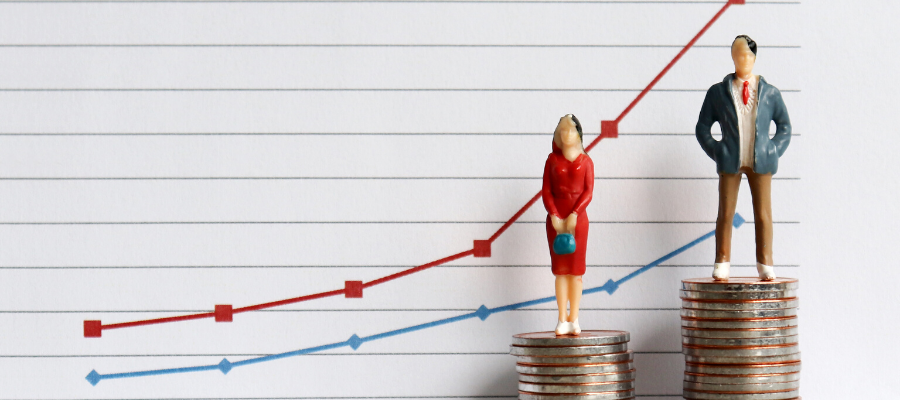Race, Class, and Inequality
Aug 08, 2006The concept of equality is as important to America's self-conception as it is confusing. What sort of equality?

Since the 1970s, the United States and much of the developed world has seen massive wealth inequality. While many agree inequality is a problem, few agree on the best way to solve it.
Historically, inequality has risen and fallen dramatically over time, and, trying to find a cause for the ebb and flow, Stanford historian Walter Scheidel surveyed each important point in history when inequality diminished. What he concluded is hardly heartening.
In a recent article in The Atlantic, Scheidel argues that the only events in history that have sufficiently addressed inequality have been catastrophes. In the twentieth century, two devastating World Wars acted as levelers on the societies they affected. In the Middle Ages, bubonic plague in Europe and the devastating small pox epidemic in the Americas claimed so many lives that the cost of labor skyrocketed, and, without workers, capital and land decreased in value.
Violent, redistributive revolutions in countries like China and the former Soviet Union succeeded in setting wages and reducing inequality; however, Scheidel argues that such redistributive schemes have only been possible with violent and oppressive coercion from the state. Other, less rigidly enforced land redistribution programs—in Japan, Mexico, and Taiwan—failed after a few years as the wealthy re-accumulated land.
The conclusion looks bleak: maybe only cataclysmic disaster can fix the ongoing disaster of inequality.
Read the whole article: https://www.theatlantic.com/business/archive/2017/02/scheidel-great-leve...